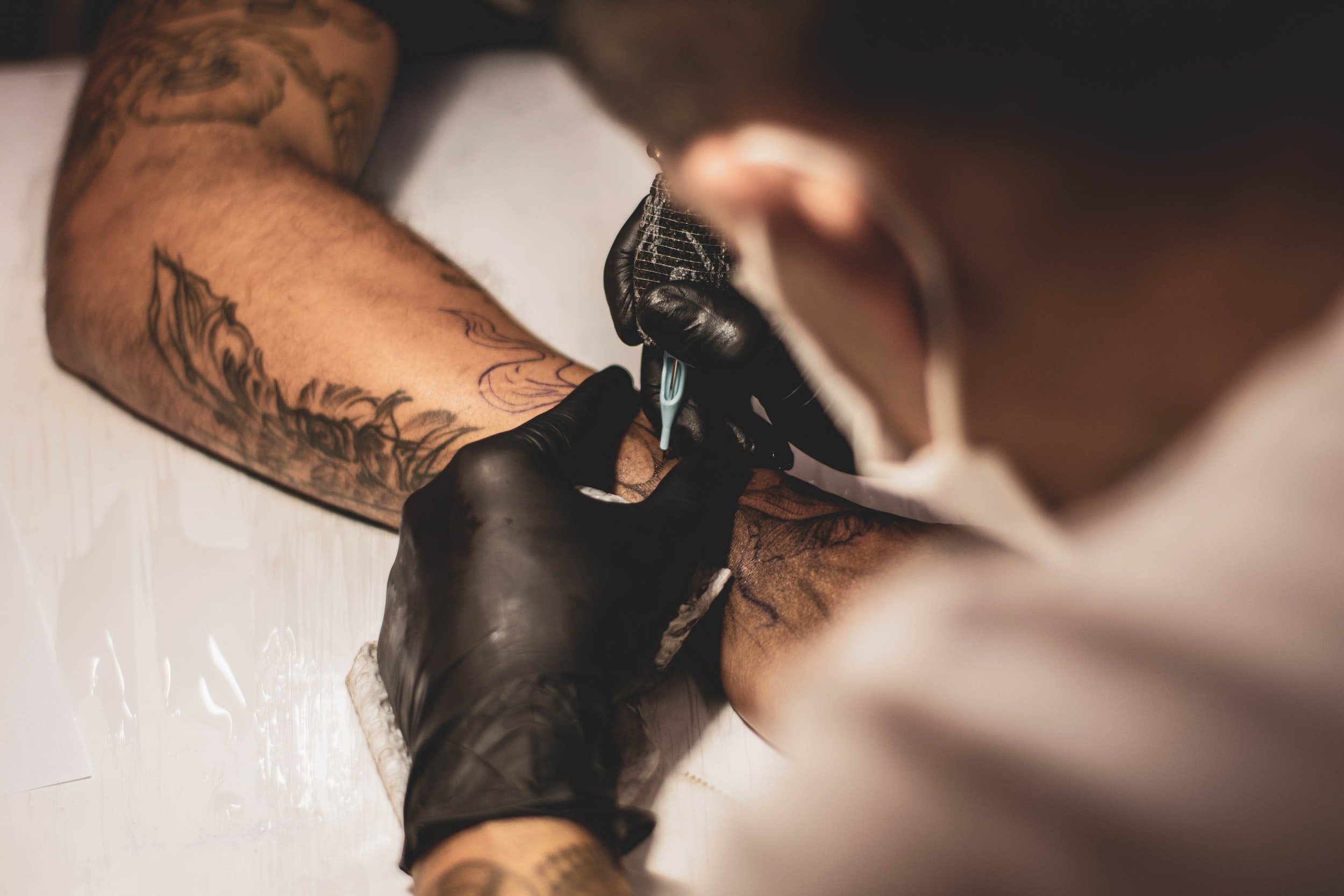Tattoo Removal: The Process and What to Expect
If you're considering tattoo removal, you're not alone. A 2017 poll from the American Academy of Dermatology found that roughly 24 percent of people with tattoos regret getting them. Fortunately, there are now more options than ever for removing unwanted ink.
But what does the process entail, and what can you expect? Here's a look at everything you need to know about tattoo removal Denver.
How Does Tattoo Removal Work?
The tattoo removal process has come a long way in recent years. Earlier methods, such as dermabrasion (scraping the skin with a rotating brush), salabrasion (rubbing the skin with salt), and excision (cutting out the tattoo) are now considered outdated and ineffective. Today, laser tattoo removal is the gold standard.
Laser tattoo removal works by breaking up the ink particles in your tattoo with pulses of concentrated light. These light pulses are absorbed by the ink, causing the tattoo pigments to fragment. Over time, your body will remove these ink fragments through its immune system, resulting in faded or completely removed tattoos.
What to Expect During Treatment
Laser tattoo removal treatments are usually spaced six to eight weeks apart to give your body time to remove the ink fragments. Most people require four to six sessions for complete removal, although this will vary depending on the size, location, and age of your tattoo.
Tattoo removal is a gradual process, so don't expect results after just one treatment. However, you should see a noticeable difference after two or three sessions.
Tattoo removal treatments are typically quick and relatively painless. The duration of your treatment will depend on the size of your tattoo—a small tattoo may only take a few minutes while a larger one could take up to an hour.
And as for pain, most people report feeling only minor discomfort during treatment—similar to the sensation of having your skin snapped with a rubber band. If you're concerned about pain, talk to your dermatologist about numbing cream or other options before your treatment begins.
Post-Treatment Care and Considerations
After each treatment session, it's important to keep your skin clean and protected from sun exposure while it heals. Your dermatologist will give you specific instructions on how to care for your skin post-treatment (such as using soothing lotions or staying out of direct sunlight), but in general, you should:
- Keep the treated area clean and dry
- Apply antibiotic ointment if prescribed
- Avoid scrubbing or picking at the treated area
- Apply sunscreen with SPF 30 or higher every day
It's also important to understand that complete tattoo removal cannot be guaranteed—although most tattoos can be significantly faded with proper treatment. If you're not happy with the results of laser tattoo removal after several sessions, talk to your dermatologist about alternative treatments such as excision or dermabrasion.

